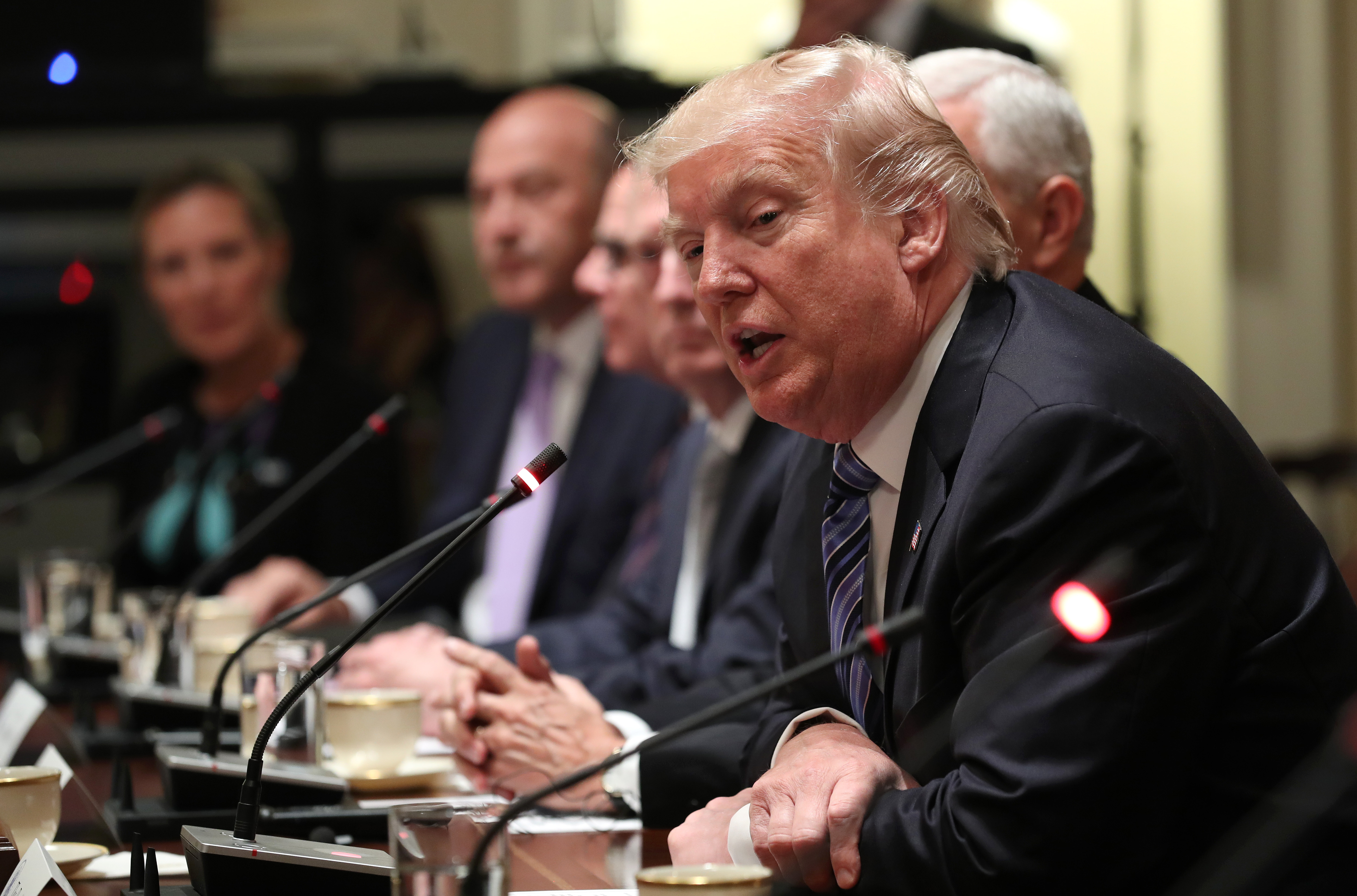
On March 8, President Donald J. Trump of United States of America signed an executive order that placed tariffs on steel and aluminum imports. The tariff on steel is 25% but only 10% on aluminum. Canada and Mexico which are countries in NAFTA (North American Free Trade Agreement) have been temporarily exempted from the tariffs. President Trump’s act of protectionism has set the stage for a trade war between the US and the rest of the worl.
Before the executive order was signed, President Trump tweeted that the current trade situation is not fair or smart for the US and forewarned that tariffs will be introduced. He also claimed that the friends and enemies of the US have taken advantage of them for many years. Only three days after the original tweet, the executive order, based on the Trade Expansion Act, was announced.
At first, the tariff was intended for China, but now they also include Korea, the EU, Japan, Brazil and more countries as well as China. The EU complained very forcefully about the one-sided declaration, and then they warned of retaliatory tariffs on American companies in their countries. President Trump responded that they will thenimpose tariffs on cars from Europe, so the conflict has deepened. Some countries like Japan requested a tariff exemption, but the US didn’t answer, yet. However, Australia received an exemption, which they requested, right after the order was announced, on March 9. China and the EU said they will sue the US through the WTO (World Trade Organization), but the WTO doesn’t have the power to stop the US from imposing tariffs. The WTO criticized the tariffs, saying they are helpful for no one.
The Korean government emphasized the injustice of imposing the 25% tariff on steel in the third negotiation of the FTA revisions. Last year, steel exports from Korea to the US decreased 31.5% compared to 2016, so the tariffs can strike a blow to Korea’s steel industry. The Korean government persuaded President Trump to negotiate an exemption for Korea. Finally, on March 26, Korea was exempted from the tariff. Instead, US and Korean negotiators agreed that steel exports to the US will be lowered up to 35%. The US is still in negotiations with the EU and other countries like Argentina. The tariffs became effective on March 23.
Jang Han-yi KMG Reporter
jhy98hany@stu.kmu.ac.kr
jhy98hany@stu.kmu.ac.kr








